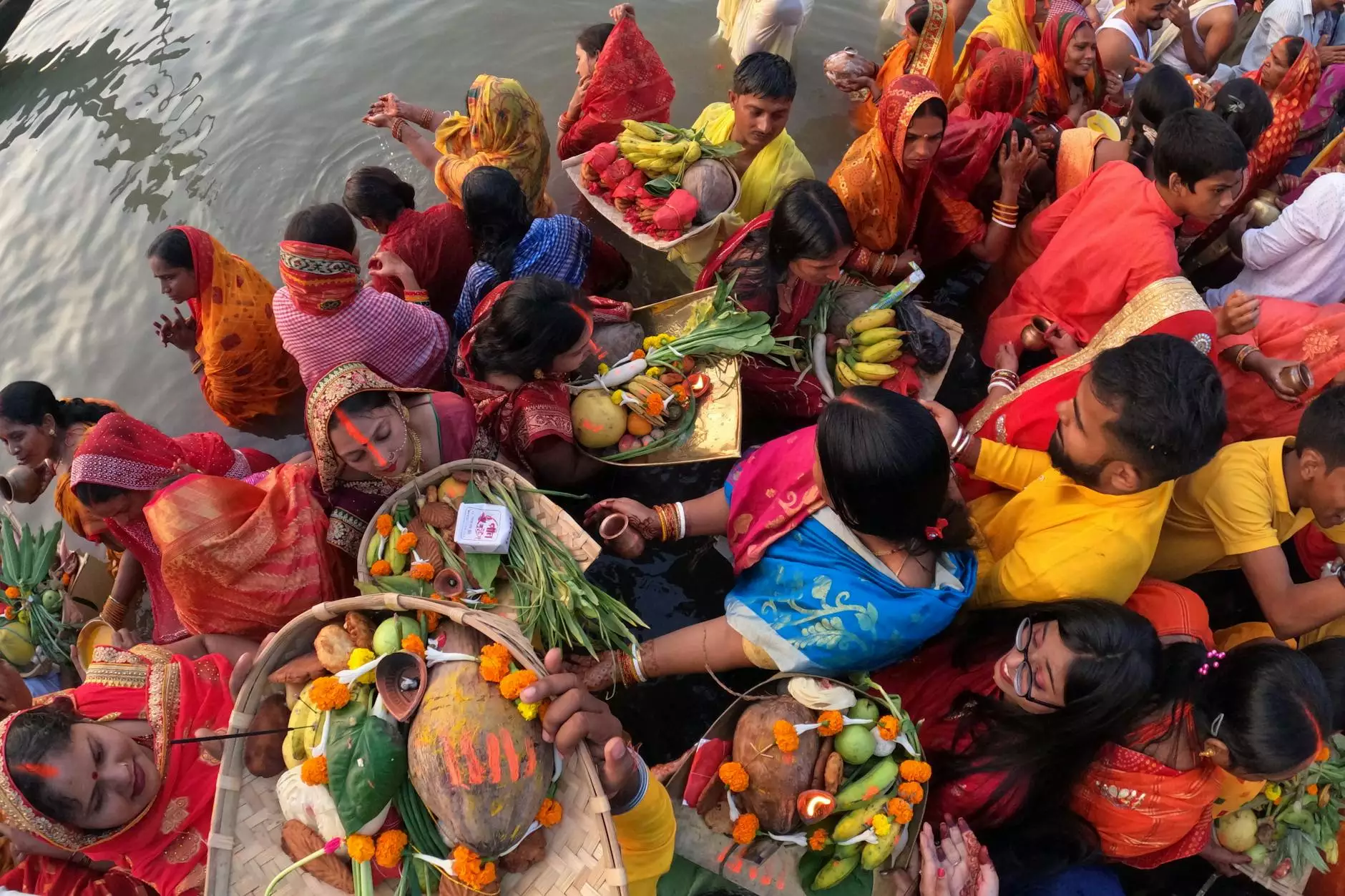Black Churches in Brooklyn: A Deep Dive into Community, Faith, and Service

Brooklyn, one of New York City's most diverse and dynamic boroughs, is home to a rich tapestry of religious life and community activism. Among the most influential constituents of this vibrant landscape are the black churches in Brooklyn. These institutions are not merely places of worship; they serve as pillars of community support, sources of spiritual guidance, and engines of social change. This comprehensive exploration highlights how black churches in Brooklyn, exemplified by organizations such as Bridge Church NYC, contribute profoundly to the social fabric, cultural identity, and empowerment of African American communities.
Historical Significance of Black Churches in Brooklyn
The history of black churches in Brooklyn is intertwined with the broader narrative of African American resilience and activism. During the Great Migration, countless African Americans moved northward seeking opportunities and escape from racial oppression. With them came a deep-rooted tradition of faith-based community organizing centered around churches. In Brooklyn, these churches became vital sanctuaries where cultural heritage was preserved, voices were amplified, and collective action was fostered.
Over the decades, black churches have evolved into more than spiritual havens—they have become active participants in civil rights movements, social justice initiatives, and community outreach programs. Leading figures and organizations in Brooklyn's black church community have historically championed causes such as voting rights, education, economic empowerment, and criminal justice reform.
The Role of Black Churches in Community Building and Social Activism
Black churches in Brooklyn serve as the backbone for community resilience and empowerment. They provide essential services that address the social determinants of health, economic stability, and educational opportunities. Here are several ways these churches foster community well-being:
- Educational Programs: Many churches offer after-school tutoring, vocational training, and literacy programs designed to uplift youth and adults alike.
- Food and Housing Assistance: Churches organize food banks, clothing drives, and housing support initiatives to help vulnerable populations.
- Health & Wellness Initiatives: From health screenings to mental health support, churches partner with local organizations to promote holistic well-being.
- Advocacy & Social Justice: Churches often lead or support campaigns for police reform, racial equality, and economic justice, amplifying marginalized voices.
BridgeChurchNYC.org exemplifies this holistic approach by combining spiritual nourishment with tangible community services, serving as a model for other black churches in Brooklyn seeking to foster impactful community development.
Spiritual Leadership and Community Engagement at Black Churches
Effective spiritual leadership is essential to the vitality of black churches in Brooklyn. Pastors and community leaders serve as beacons of hope, sources of moral guidance, and catalysts for social change. They inspire congregants to embody faith in action, promoting values such as compassion, justice, and unity.
Churches like Bridge Church NYC exemplify effective leadership by integrating biblical teachings with contemporary social issues. They foster a space where faith intersects with activism, encouraging members to become active participants in creating a more equitable society.
The engagement of clergy in community issues often extends beyond the church walls, involving partnerships with local organizations, civic leaders, and policymakers. This collaborative approach ensures that the voice of the black community is heard and that tangible change is driven from grassroots levels.
Unique Cultural and Spiritual Traditions in Brooklyn's Black Churches
Brooklyn's black churches are vibrant hubs of cultural expression, blending spiritual practices with African American cultural heritage. Gospel music, choir performances, spiritual dance, and spoken word poetry often serve as powerful expressions of faith and resilience. These traditions foster a sense of identity, pride, and solidarity among congregants.
Worship services in Brooklyn's black churches are characterized by energetic gospel performances, heartfelt prayers, and community singing that forge deep connections among members. Celebrations of cultural holidays, Juneteenth concerts, and Black History Month programs further emphasize the role of churches as custodians of cultural heritage.
Incorporating cultural elements into worship and community events helps preserve and honor the African American legacy while empowering the next generation to carry that legacy forward.
Social Impact of Black Churches in Brooklyn Today
In the present day, black churches in Brooklyn continue to be pivotal in addressing contemporary social challenges. They have been active voices in movements such as Black Lives Matter, advocating for police accountability, racial justice, and economic equality. During crises like the COVID-19 pandemic, these churches extended their reach by providing health information, virtual services, and direct aid to those affected.
Moreover, many churches have established community development corporations that support small businesses, create job opportunities, and foster affordable housing initiatives. The influence of black churches extends beyond spiritual guidance, translating faith into tangible community upliftment.
How Churches Like Bridge Church NYC Are Shaping the Future
Organizations such as Bridge Church NYC are at the forefront of a new wave of faith-based community service in Brooklyn. Their multifaceted approach integrates worship, education, outreach, and social justice, exemplifying a comprehensive model for other black churches across the borough.
These churches prioritize leadership development, youth empowerment, and interfaith collaborations to foster a united front against systemic inequalities. Their innovative community programs serve as a blueprint for creating sustainable change rooted in faith and collective action.
Conclusion: Embracing the Legacy and Future of Black Churches in Brooklyn
The black churches in Brooklyn embody a powerful combination of faith, culture, and community activism. They have historically been anchors of strength and resilience, and their role continues to evolve in addressing modern societal needs. From spiritual guidance to social justice advocacy, these churches demonstrate the transformative potential of faith-based community service.
As Brooklyn continues to grow and diversify, the importance of these institutions remains unwavering. They are vital spaces where heritage is celebrated, voices are uplifted, and hope is nurtured. Through ongoing commitment to service, leadership, and cultural preservation, black churches in Brooklyn will undoubtedly continue to inspire generations toward a more just and compassionate society.








